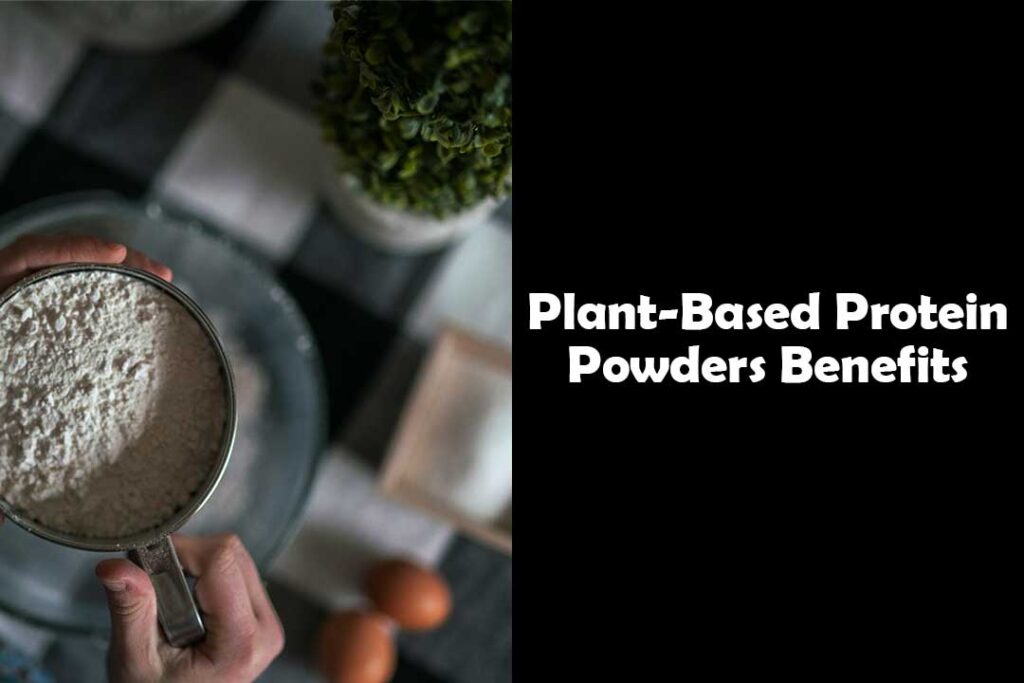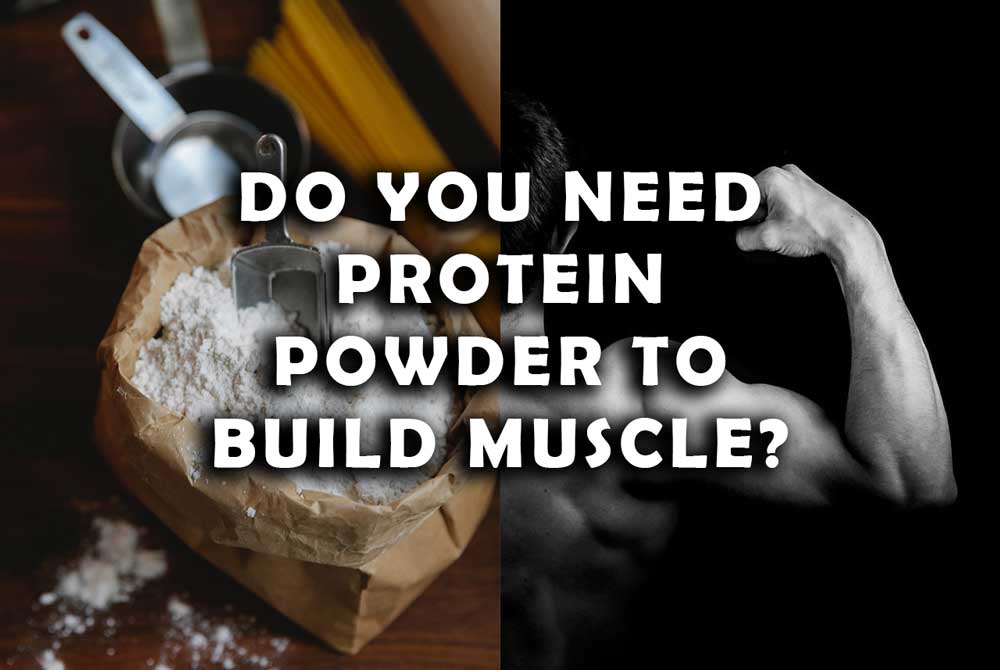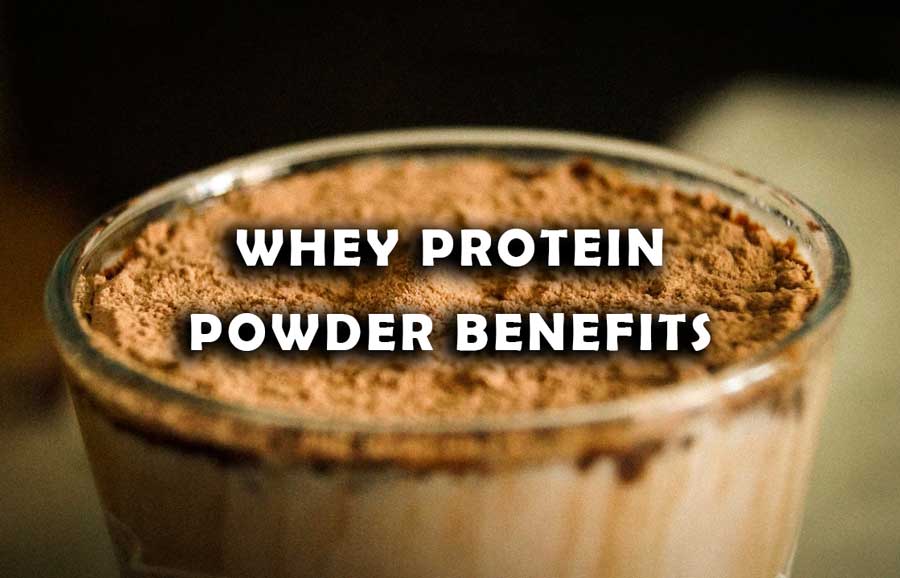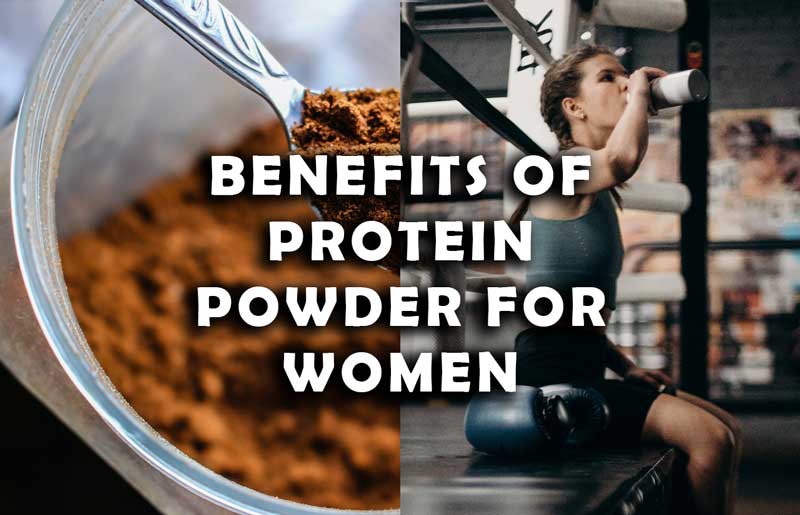Protein powders, for their numerous health benefits are becoming popular day by day. This raises demand for more and more varieties. Whey protein being one of the most famous and reliable, comes with its own drawbacks. Especially for vegans, who are not looking for any animal-based protein powder, whey protein is not very preferred. That’s where plant-based protein powder comes into play. Plant-based protein powders have various benefits over their counter parts.
Let’s see more about the types and their benefits and drawbacks of plant-based protein powders in this article.
Benefits of Plant-Based Protein Powders
1. Rich in Essential Nutrients
Plant-based protein powders are made from a variety of sources such as peas, hemp, rice, and soybeans. These sources are rich in essential nutrients like fiber, vitamins, and minerals, which are often lacking in animal-based protein sources. For example, pea protein is a good source of iron, while hemp protein is rich in omega-3 fatty acids.
This helps in getting extra nutrient and mineral benefit over animal-based protein powders.
2. Easily Digestible
Plant-based protein powders are easily digestible, which means that your body can absorb the nutrients more efficiently. This is because plant-based protein powders contain less fat and lactose compared to animal-based protein sources, which can cause digestive issues for some people.
3. Environmentally Sustainable
Plant-based protein powders are more environmentally sustainable compared to animal-based protein sources. Animal agriculture is a significant contributor to greenhouse gas emissions, deforestation, and water pollution. Choosing plant-based protein powders can help reduce the impact of your diet on the environment.
4. Vegan and Vegetarian-Friendly
This is one of the major reasons for its increasing demand and popularity.
As the trend of veganism is on the rise, plant-based protein powders have become best option for vegans and vegetarians.
Plant-based protein powders are an excellent option for people who struggle to meet their protein needs through whole food sources alone.
Plant-based protein powders are also suitable for people who have lactose intolerance or dairy allergies.
5. Lower in saturated fat
Plant-based protein powders are typically lower in saturated fat than animal-based protein sources, making them a healthier option for those looking to reduce their intake of saturated fat.
6. Less in Allergens
Plant-based protein powders are comparatively less in allergens, as they are free of lactose and other dairy allergens.
These benefits of plant-based protein powder make them an ideal choice for people with allergies or sensitivities to these ingredients.
The Best Plant-Based Protein Powders
Here are some of the best plant-based protein powders and their benefits:
1. Pea Protein Powder
It is one of the most common plant-based protein powders.
Pea protein powder is made from yellow split peas and is rich in iron, which is essential for energy production and immune function.
2. Hemp Protein Powder
Hemp protein powder is made from the seeds of the hemp plant and is rich in omega-3 fatty acids. These are important for heart health and brain function.
3. Brown Rice Protein Powder
Brown rice protein powder is made from brown rice and is a good source of fiber. This helps support digestive health.
4. Soy Protein Powder
Soy protein powder is made from soybeans and is a complete protein source, which means that it contains all nine essential amino acids.
Drawbacks of Plant-based protein powders
While there are many benefits to using plant-based protein powders, there are also some potential drawbacks to be aware of.
- Limited amino acid profile: Unlike animal-based protein sources, which typically provide a complete profile of all essential amino acids, plant-based protein powders may be deficient in one or more essential amino acids. Combining 2 or more protein powders can solve this issue easily.
- Can be more expensive: Plant-based protein powders can be more expensive compared to animal-based protein sources due to the cost of producing and sourcing high-quality plant-based ingredients. It can also be due to low availability in the market.
- May contain additives: Some plant-based protein powders may contain additives such as artificial sweeteners, flavors, and colors, which can be harmful to health in large quantities.
- Can have a gritty texture: Plant-based protein powders can have a gritty texture and may not dissolve as easily as animal-based protein sources. This can make them less palatable and difficult to incorporate into certain recipes.
Which is has more benefits? Plant-based or Animal-based Protein Powder.

Comparing benefits of plant-based and animal-based protein powders on the basis of protein content will be foolish idea. Both of them are equally beneficial in providing the net protein content.
But if you compare them on the basis of protein profile, some protein powders can have more benefits than other. Here animal-based protein powders take the upper hand as they are generally complete source of protein. That is, they contain all the required amino acids.
On the other side, plant-based protein powders have more benefits over animal-based sources in terms of allergens. Low in lactose, gluten and other dairy allergens, plant-based protein powders win this topic.
Also, many believe plant-based protein powder are better because they don’t incorporate animal cruelty.
At the end, it all comes down to personal preference and choices.
Key Take away from Plant-Based Protein Powder Benefits
In conclusion, plant-based protein powders offer numerous benefits for those looking for a healthy, sustainable, and allergen-free source of protein.
While there are potential drawbacks to consider, such as limited amino acid profiles and higher costs, these can be mitigated by choosing high-quality products and incorporating a variety of plant-based protein sources into your diet. By doing so, you can enjoy the many benefits of plant-based protein powders while supporting your health and wellness goals.
FAQs
1) Are plant-based protein powders suitable for athletes?
Yes, plant-based protein powders can be a great option for athletes as they provide the necessary protein to support muscle growth and repair. In fact, it is suitable for anyone.
2) Can I use plant-based protein powders if I have allergies or sensitivities?
It depends on the specific allergy or sensitivity. Make sure to read the label carefully and avoid any ingredients that you are allergic or sensitive to. Stop using it if you face any discomfort and switch to other types.
3) How much protein should I aim to consume per day?
The amount of protein you need depends on factors such as your age, gender, and activity level. As a general guideline, aim for 0.8 grams of protein per kilogram of body weight.
4) Are plant-based protein powders more expensive than animal-based protein sources?
It depends on the brand and type of protein powder. However, plant-based protein powders can be more expensive in some cases due to the cost of sourcing and processing the ingredients.
5) Can plant-based protein powders help with weight loss?
Plant-based protein powders can be a helpful tool for weight loss as they can help you feel full and satisfied, which can reduce your overall calorie intake. However, it’s important to combine protein powder with a healthy diet and regular exercise for best results.
Depending on your goal and workout routine, protein powders can also help in weight gain.





